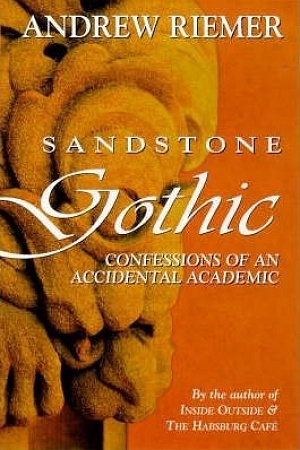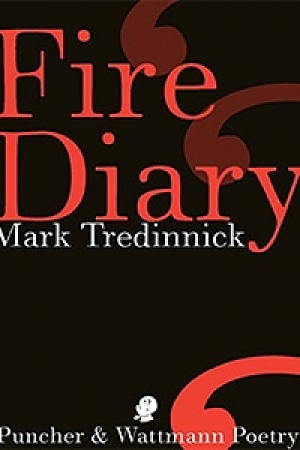Cocky's Joy
Giramondo, $24 pb, 95 pp, 9781922146762
Cocky's Joy by Michael Farrell
As popular culture has long understood (hello Priscilla, hello Muriel), there is something queer about Australia. Michael Farrell’s latest collection of poems, Cocky’s Joy, rewrites Australia as a site of almost-inherent queerness. ‘Cocky’ is antipodean slang for a farmer, but the term’s evocation here is surely a camp subversion of traditional, masculinist forms of Australian nationalism. Farrell brilliantly deforms Australian (literary) history into surreal comedy. The surreal comedy in ‘Bush Christie’ – an Agatha Christie-style mystery featuring the early canonical Australian poets, along with Bennelong and the Kelly Gang – is both deadpan and allusive: ‘Uncharacteristically quiet was Charles / Harper thought Bennelong, who had / Himself been speared but never homicidal- / Ly. Ned and Dan Kelly played snooker.’
Deadpan intertextuality is characteristic of Cocky’s Joy. Comic narratives and surreal imagery seem to pour out of Farrell, as we see in ‘The Structuralist Cowboy’, which queers the figure of the cowboy in a way that makes Brokeback Mountain seem dull: ‘Whether they rode in from the / crossroads of Trivia or from a dry spot in New / South Fuckmyarse, was ever discussed. Aaiiee! might / just be the Apocalypse squealing. I wrestled with / my father: the thought that he was John Ashbery / gave me the extra strength to lay him on his back.’ Farrell, as this may suggest, is not an easy poet to quote, given the associative jumps and non sequiturs of his energetic and endlessly inventive ‘riffing’ style. ‘Motherlogue’, one of the collection’s standout poems, is almost impossible to summarise, though Farrell describes it in the book’s press release as narrating a ‘story-within-a-story about a harried mother encountering the Devil, and commencing a multilingual battle with him, while searching for water on Sydney’s North Shore’. In addition, the poem is ‘a parodic homage to colonial greats Barbara Baynton and Henry Lawson’. Farrell’s description omits the poem’s apparent homage to 1970s Euro-horror films. There is, needless to say, nothing like this in Australian poetry (except perhaps ‘Beautiful Mother’, also in Cocky’s Joy, which won the Peter Porter Poetry Prize in 2013, when I was one of the judges).
Continue reading for only $10 per month. Subscribe and gain full access to Australian Book Review. Already a subscriber? Sign in. If you need assistance, feel free to contact us.















Leave a comment
If you are an ABR subscriber, you will need to sign in to post a comment.
If you have forgotten your sign in details, or if you receive an error message when trying to submit your comment, please email your comment (and the name of the article to which it relates) to ABR Comments. We will review your comment and, subject to approval, we will post it under your name.
Please note that all comments must be approved by ABR and comply with our Terms & Conditions.